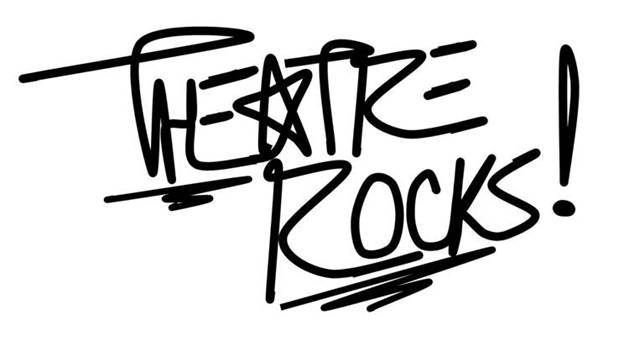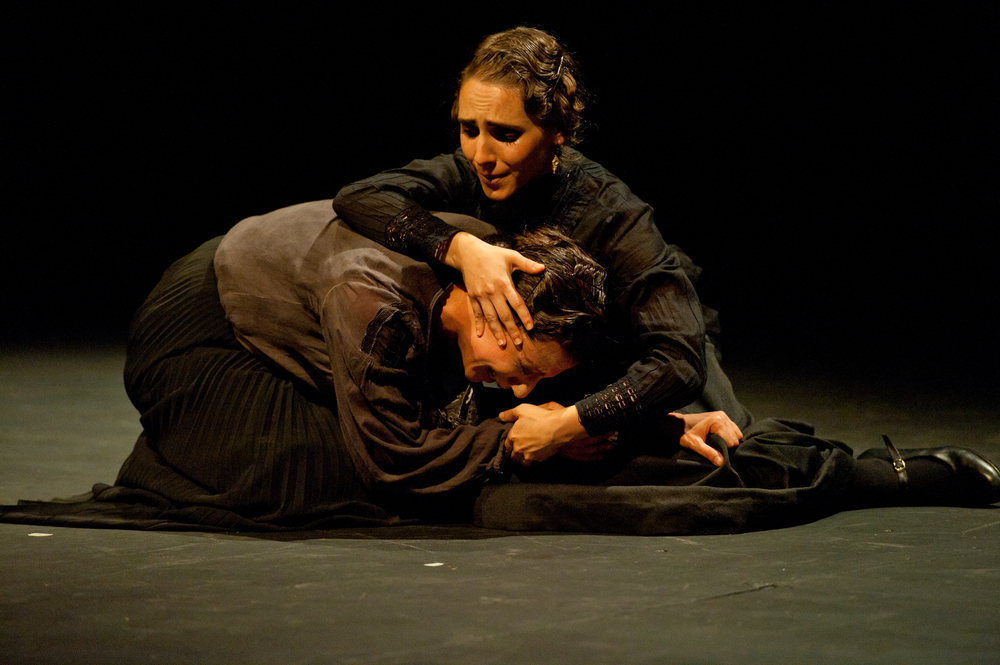Every actor, over time, and with experience, develops his or her own way of getting to that performance-ready moment. There are certain steps that one should go through in preparing and in building a strong character and compelling story. Some actors may skip, overlook, or leave undeveloped aspects of foundational preparation that would be of great benefit. While you may have others, these four are essential:
- The script tells you who you are, where you are, and gives all the clues for the story you are telling… what really can be a giant treasure hunt. Of course, you need to know this material forward and backward so that you can “forget it” when the curtain rises or “action” is called, and just BE.
- Research is the “digging” for more information that is not given in the script, but may be referred to, such as a time period, or historical event or anything mentioned in the script that might help you get a better understanding of some element of the story. Also, research the playwright and his/her story about the play, what inspired him, and any insights he may give on the back story (his or the play’s). The more information you have, the more opportunity for a thunderbolt of inspiration.
- Character is your person, your part. Who is this person and how can you best bring them to life? All the things that you have uncovered in the script and the research will add to the many bits of this person’s uniqueness. I know actors who are such great “people watchers” that they “collect” voices, walks, traits and habits of people they have met or observed. Then when they have a role or character to develop, they go through their “collection” for something that fits and gives their character captivating traits.
- Costume can be very important to the work of many actors, less so for others. In some productions an actor may have a lot of control over their costume(s) and this becomes an extension of the character development. Whether you make the choices or you must adapt to someone else’s selections, it is still a very important part of the role to be played and the story being told.
The basic elements above are part of the structure that should be in place first in order for the real magic and creativity to happen. If the foundation is firmly in place before the rehearsal process begins (or before the first day of shooting), you are then freed up to explore your relationships and the deeper layers of the story.
For example, once an actor knows the lines instinctively, he or she can then let go of the script and be free to explore the relationships with eye to eye contact and physical interaction with the other characters. Bringing all the above foundational elements into your performance, with the other characters doing the same, where connection and relationship are happening organically, is fertile ground for unexpected brilliance.
A strong cast, all working in concert to tell a great story, where all have done “their homework” as described, can set an energy into motion that will bring their audience to the edge of their seats… for two hours… on opening night.

